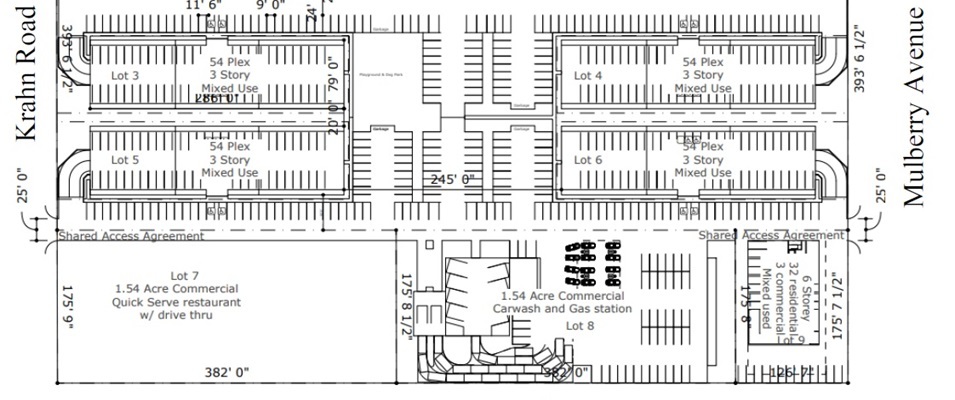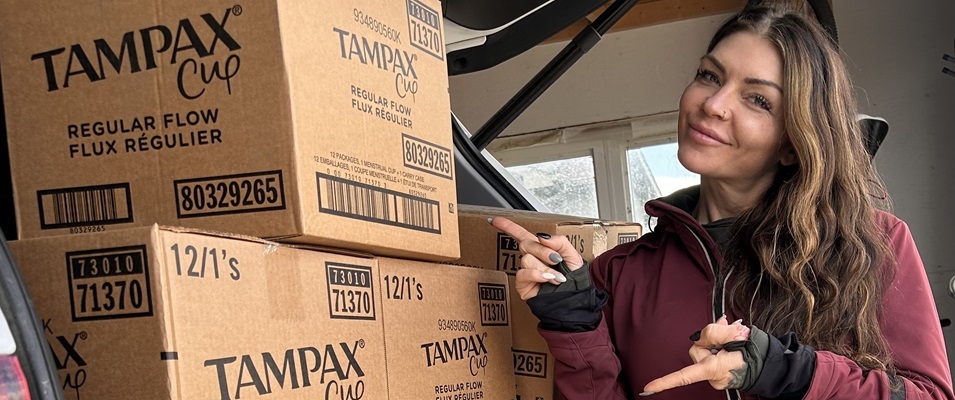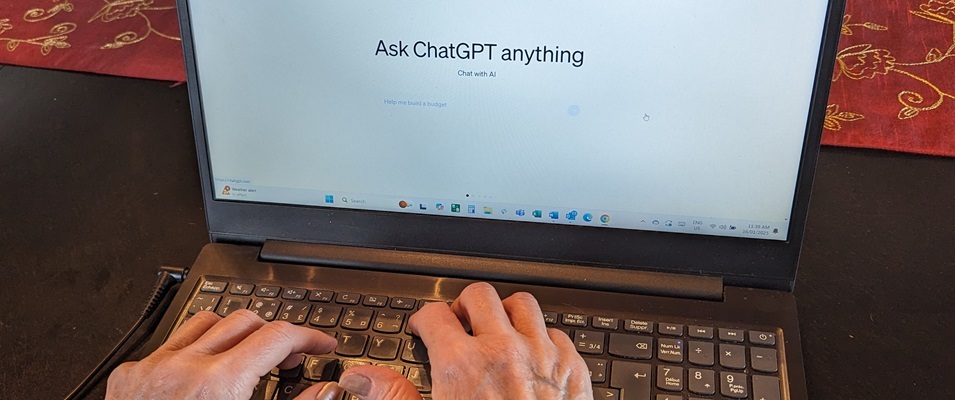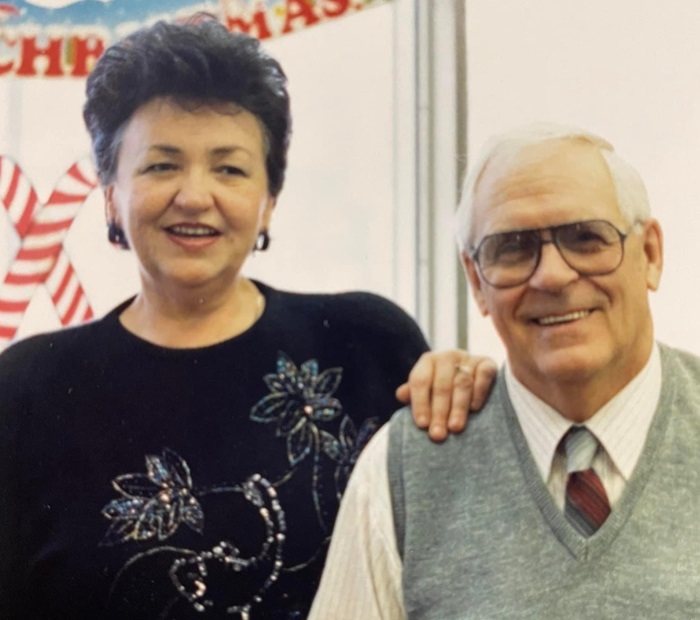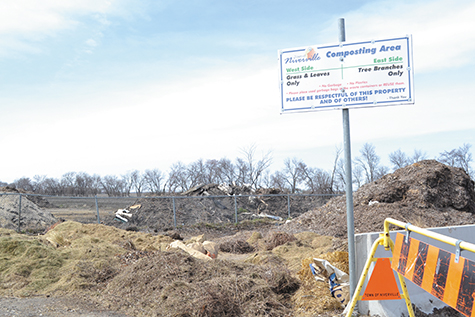
Though composting takes place on a small scale in Niverville, it has yet to gain traction. A limited-use compost pile exists beside the curling rink, but only grass clippings and leaves are accepted. The town offers compost bins at low cost, but how many of us take advantage?
Perhaps the problem lies in the fact that many of us don’t understand why composting is important. To better understand the importance of composting, we must recognize what happens when we don’t compost.
According to Environment Canada, vegetable and fruit peels, greens, egg shells, and spoiled produce constitute about 40 percent of residential waste. If we don’t compost, it means we are bagging and sending to the landfill almost twice as much garbage as necessary. Though food waste biodegrades, plastic does not. Simple composting could reduce plastic garbage bags in landfills by almost half.
Another hazard of food waste is methane. Environment Canada stats show that methane is 21 times more potent than carbon dioxide in terms of worsening global warming. Emissions from landfills account for 20 percent of Canada’s methane gasses.
Food waste produces methane when it undergoes anaerobic decomposition, which happens when the waste is buried in a landfill and does not receive oxygen. Proper composting requires oxygen. This can be accomplished with regular turning of the compost and the use of worms or other living organisms.
Since food waste contains a significant amount of liquid, leachate occurs regularly in landfill sites. Leachate is liquid that drains from wet waste products, passing through or dissolving toxic materials and absorbing it into the ground. Leachate also contains pathogens, disease-producing agents created by bacteria.
More and more, communities around the globe are looking for ways to deal with landfill issues. There is a growing drive to remove compostable materials from landfills. Community composting programs are beneficial in terms of protecting the environment and improving the soil composition in our backyard gardens.
Eldon Wallman, head of the solid waste department in Steinbach, is responsible for the compost site located one mile south of the city. Wallman and one other town employee received training through Manitoba Conservation.
“[The training] was money well spent,” says Wallman. “It gave us a clear working knowledge on how to correctly produce consistent, clean material to give back to the public.”
Their method is to place compostable material in windrows. These are turned and mixed weekly with a loader for oxygenation. Internal temperatures are monitored to ensure optimal decomposition and that any pathogens are killed.
A balance of nitrogen to carbon must be maintained. Carbon comes from leaves, paper, and woodchips while nitrogen comes from wet materials like grass, fruit, and vegetables. A good indicator of a proper nitrogen-carbon mix is the lack of bad odour. Good compost should have little odour apart from a normal earthy smell.
Residents of Steinbach can deliver their household organic waste to depots around the city throughout the summer. Compost can also be delivered directly to the compost site. The composting process takes Wallman and his crew three to four months to complete, at which time the finished product becomes available to residents at no charge.
“I love the fact that we can take your organic waste… and in a few months give you back something so beneficial for your yard that store-bought fertilizers simply cannot duplicate,” says Wallman. “And of course, the more we divert greatly adds to the longevity of the landfill. In this day and age of strict environmental regulations, the cost of starting a new landfill site are astronomical.”
Town of Niverville employee Ryan Dyck says that its local compost site is often misused and misunderstood. “The idea behind this facility was never just a place to dump organic matter. The goal from the very outset has always been to turn the clippings [and] leaves into reusable compost material.”
Dyck has been involved in the compost site for over a decade but has never received any formal training.
“The Town uses all of the composting material it creates in various landscaping projects,” says Dyck. “In years past we had no way to screen the compost and it was always full of ‘junk’ that was thrown into the pile… That made the material really inefficient to use because we would spend so much time picking out the garbage that was in it. In recent years we work alongside Garrett Wieler [who] screens the compost material when it becomes ready for use. We then mix it with topsoil and [it] makes an excellent top dressing for our various projects like the Highlands Park.”
Given the complex nature of proper composting, will Niverville residents be confident enough to compost their own food waste? Does Steinbach have a model our community should work towards? Whatever direction we go, the environment won’t wait for us. Change starts here at home.





